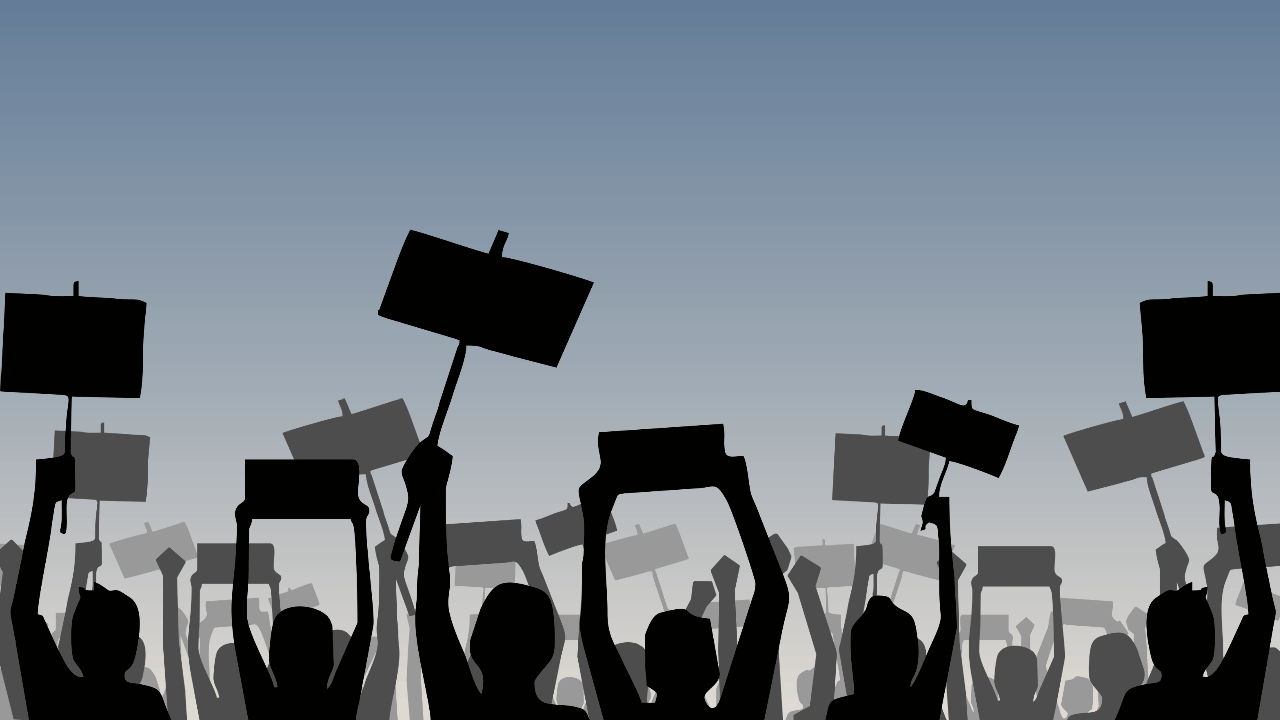Organized Labor
Manuel Miranda was a call center worker for Amazon, but the perks of working for an industry disruptor did not quite make up for the long hours and demoralizing atmosphere. He had some hope of joining a union, but just as they began to organize, Amazon shut down their Seattle call center. Informal unions like Amazonians United have tried to petition for raises, even staging walkouts, but Amazon usually does not even respond.
Only recently did the company raise full-time rates, in response to intense public pressure. The pandemic which claimed so many lives has made the world's richest people even richer, while typical Amazon workers have suffered. Many have walked. This Great Resignation, making companies desperate for labor, gives workers unprecedented leverage. There's never been a better time for organizing.
Organized workers have made modest victories through small, local organizations, such as winning favorable regulations for nail salon workers or helping relieve debt with taxi drivers. Many new groups are on the move, such as an organized group of Starbucks baristas in Seattle who are trying to join Workers United. The new pressures may give them a better shot than ever before.
But, labor specialists have gotten their hopes up for a revival in unionizing before, and find it's an uphill climb. The 1935 National Labor Relations Act, the main piece of legislature supporting unions, has been greatly weakened by various court findings over the years and no longer has the teeth to hold giant corporations to account.
The society and our business models need a radical revision - "a reduction of corporate power and an expansion of worker power" (Kim, 2022).
Read Kim's suggestions for how the Biden administration could act now to change this balance here, and consider the plight of workers when you shop online.


